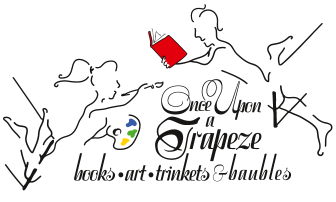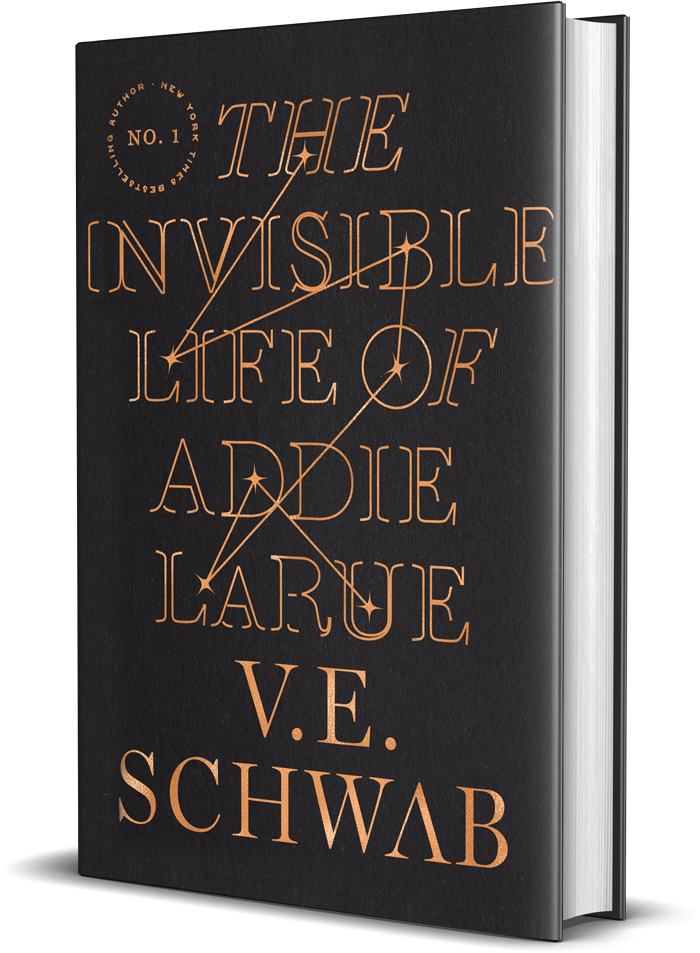Adeline Larue has been warned: “. . . never pray to the gods that answer after dark.” In a moment of desperation, she does just that, making a rash deal in exchange for her soul. Unlike any other woman living in early eighteenth century France, she is free – free to come and go, to do as she pleases, to make her own decisions – and she will live forever or at least until she chooses not to. But priceless prizes always cost dearly. Although she slips through history for centuries, traveling the world, meeting great leaders, witnessing the birth of technology, great works of art, and war, she is remembered by no one. This is about much more than a stroll down History Lane, though. Everyone Addie has ever loved, everyone she’s ever known, everyone she meets over the next 300 years, forgets her the minute she’s no longer in their presence. She leaves a room only to return a stranger, wakes next to men with whom she has passed many intimate days and nights only to face the same awkward question about who she is and how much they both must have had to drink the night before. The dark god visits her periodically, tempting her give up, turn over her soul, and rest. Then, in 2014, when she tries to exchange a book she’d stolen the day before in a New York bookstore, the clerk, a young man named Henry, calls her out saying, “I remember you.”
The Invisible Life of Addie Larue is the first book I’ve read by V.E. Schwab. It won’t be the last. It is also the first book I read in 2021. I found it the perfect story with which to start a very much anticipated and desperately needed new year. Addie is smart, strong, tenacious. She’s a dreamer:
“A dreamer,” scorns her mother. “A dreamer,” mourns her father. “A dreamer,” warns Estele.
“Still, it does not seem such a bad word. . . There’s a defiance in being a dreamer.”
The fact that the story includes a bookstore and the heroine believes in stories doesn’t hurt either:
“What she needs are stories. Stories are a way to preserve one’s self. To be remembered. And to forget. Stories come in so many forms: in charcoal, and in song, in paintings, poems, films. And books. Books, she has found, are a way to live a thousand lives – or to find strength in a very long one.”

